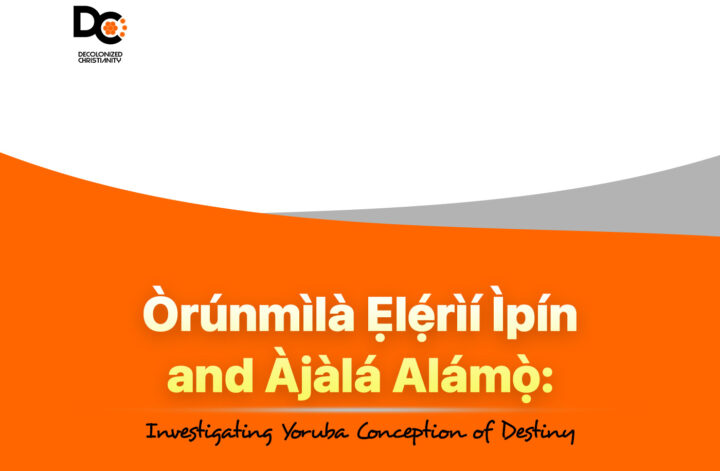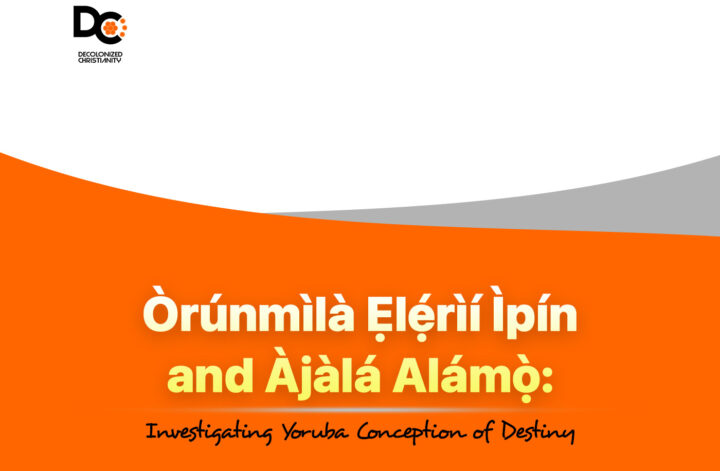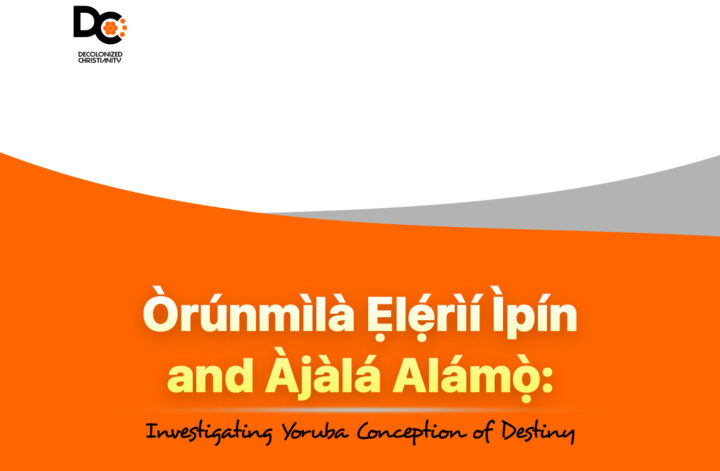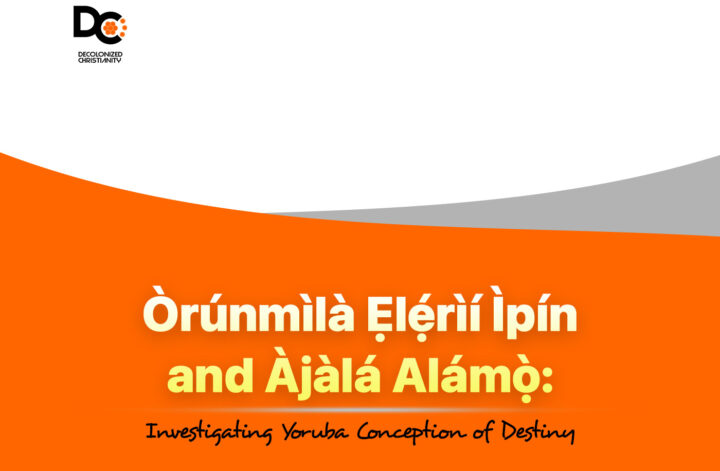Third Scholarly Approach: Soft-Determinism
Another approach that scholars have taken to make sense of the Yoruba worldview through a metaphysical lens is soft-determinism. Hard determinism (or determinism) is the view that all events are completely determined by antecedent causes. This view holds that all things are in causal relations so that if we know sufficiently about a cause, we can know the future effect. It is commonly held that this view excludes freedom and that we cannot do other than we do. We are compelled to do what we do by factors beyond our control. Soft-determinism argues to the contrary. It maintains that determinism allows for freedom. Also known as compatibilism, soft determinism argues that determinism is compatible with freedom. The “freedom” in compatibilism is crucially different from what we normally mean by freedom. It is akin to the freedom of the example of armed robbers on Lagos streets discussed earlier.




